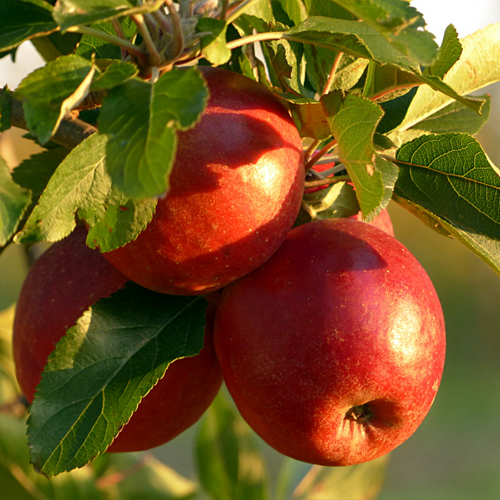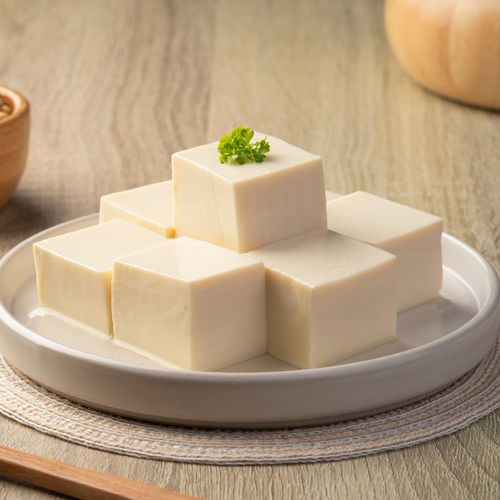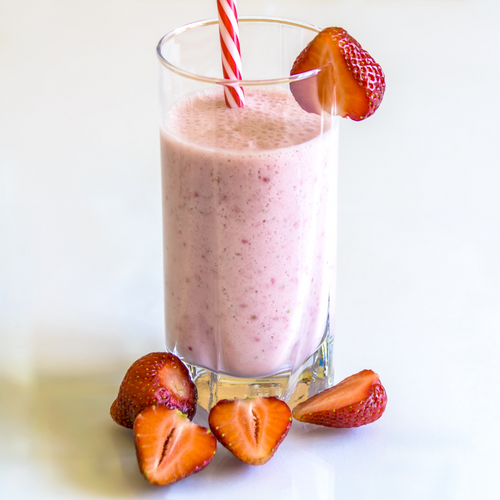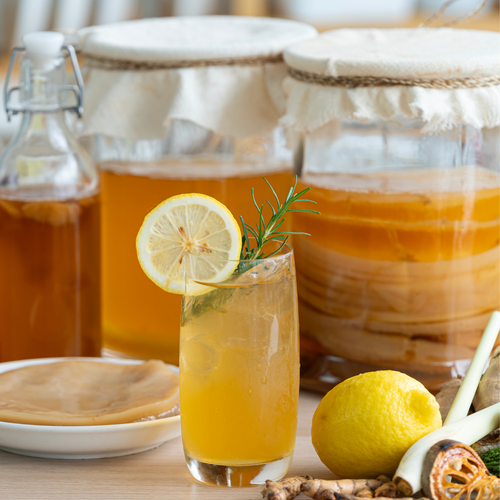If for many a life without stress remains utopian, it is not inevitable, and it is important to identify the causes of stress in order to work on them first.
If these causes cannot be separated from your lifestyle, there are some tips to alleviate this feeling. Here are some do's & don'ts related to stress management.
DO!
#1 – Stretch
Although the advice may seem banal, it is too often neglected. The benefits of yoga on stress management are well established, but regular sessions can be relatively time-consuming. A stretching session in the morning, however, is enough to start the day in good conditions: combined with good management of your breathing during exercise, this allows you to get your body going and relieve any tensions that might otherwise have occurred. 'accumulate during the night and simply wake up!
#2 – Eat a snack
Stress is often associated with compulsive eating, but eating during times of stress can be beneficial if food intake is reasonable. To do this, we choose a reassuring food to consume from the start of the stressful period in order to satisfy our body and give ourselves a moment of respite and indulgence.
The flagship food for stress management is bananas! Studies have demonstrated an increased consumption of potassium by the body during periods of stress. Eating a banana will therefore provide a boost in energy and potassium.
#3 – Integrate essential oils
Aromatherapy has proven itself in many areas, so it is not surprising that it can also relieve us in times of stress and anxiety. Among the most effective oils, we find:
- chamomile essential oil: for its calming properties on the nervous system
- marjoram oil: for its anxiolytic properties
- peppermint oil: in case of nervous fatigue
- lavender essential oil: the “all-rounder”, for its soothing properties.
By skin, by diffusion, by inhalation… Always find out about the best way to use your oils.
#4 – Chew gum
According to a study published in 2008, subsequently supported by others, chewing gum relieves negative mood and reduces levels of cortisol, the stress hormone, elevated during a period of acute stress. It's easy to always have some in your bag, and it can therefore prove to be a good backup solution for stressed and anxious people.
Be careful, however, to choose your chewing gum carefully, preferably without sugar, and to consume it in moderation, because the vast majority of sugar-free chewing gum contains xylitol, a sweetener with laxative effects when consumed in very high doses. .
OF WHICH !
#1 – Keep everything to yourself
The best way to increase your stress is to store it over and over again, and to ignore your concerns in silence. There's nothing better to intensify stress than to keep it to yourself.
In addition to the liberating effect of talking about it, or writing it down, a discussion with one or more people outside the stressful situation may provide you with answers that you would not have considered.
#2 – Control the uncontrollable
By definition, it is not possible to impact the uncontrollable. If the stressful situation(s) depend on things that are out of your control, accept that the situation does not rest on your shoulders and let it go, no need to insist.
#3 – Neglecting your sleep
There is no point looking for solutions to your stress or stressful situation all night long, since a lack of sleep will only make the state of stress worse. Reducing your sleep time also reduces your ability to think critically and objectively, and your ability to make decisions.
Studies confirm that there is a statistically significant link between stress and poor sleep quality/low duration.
#4 – Self-medicate
What's worse than ingesting the first medication with anxiolytic effects left in the family pharmacy for several years? Any new medication intake must be supervised by a healthcare professional, especially during phases of intense stress. Chronic stress is not to be taken lightly and can be a completely legitimate pathology, so it is not crazy to seek advice when the situation is beyond bearable.
Sources :
[1] Nobuhiko, E., Hironaga, I., & Takao, A. (2020). Beneficial Effects of Yoga Stretching on Salivary Stress Hormones and Parasympathetic Nerve Activity. Accessed September 10, 2021, at https://pubmed.ncbi.nlm.nih.gov/33239943/
[2] Scholey, A., Haskell, C., Robertson, B., Kennedy, D., Milne, A., & Wetherell, M. (2009). Chewing gum alleviates negative mood and reduces cortisol during acute laboratory psychological stress. Accessed September 10, 2021, at https://doi.org/10.1016/j.physbeh.2009.02.028
[3] Ayaz, M., Sadiq, A., Junaid, M., & Ullah, F. (2017). Neuroprotective and Anti-Aging Potentials of Essential Oils from Aromatic and Medicinal Plants. Accessed September 10, 2021, at https://pubmed.ncbi.nlm.nih.gov/28611658/
[4] Son, H., So, W., & Kim, M. (2019). Effects of Aromatherapy Combined with Music Therapy on Anxiety, Stress, and Fundamental Nursing Skills in Nursing Students: A Randomized Controlled Trial. Accessed September 10, 2021, at https://pub med.ncbi.nlm.nih.gov/31671873/

















